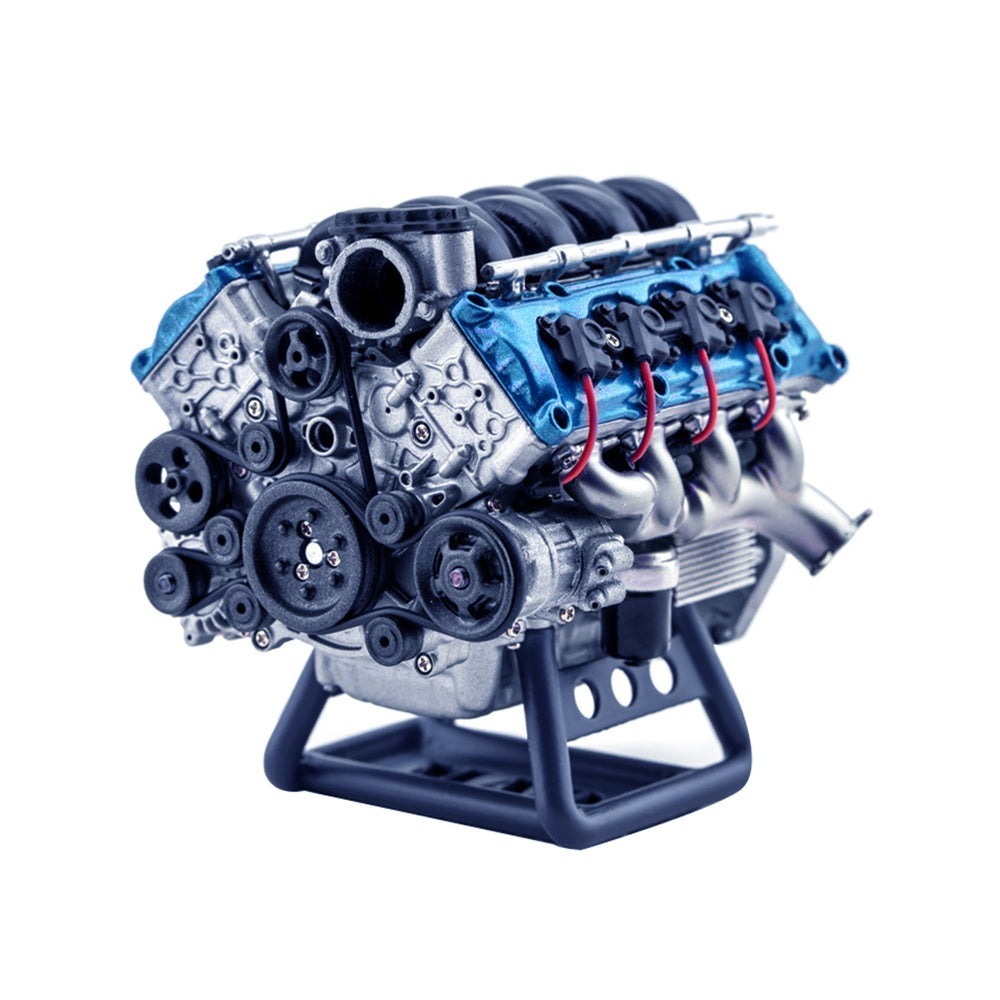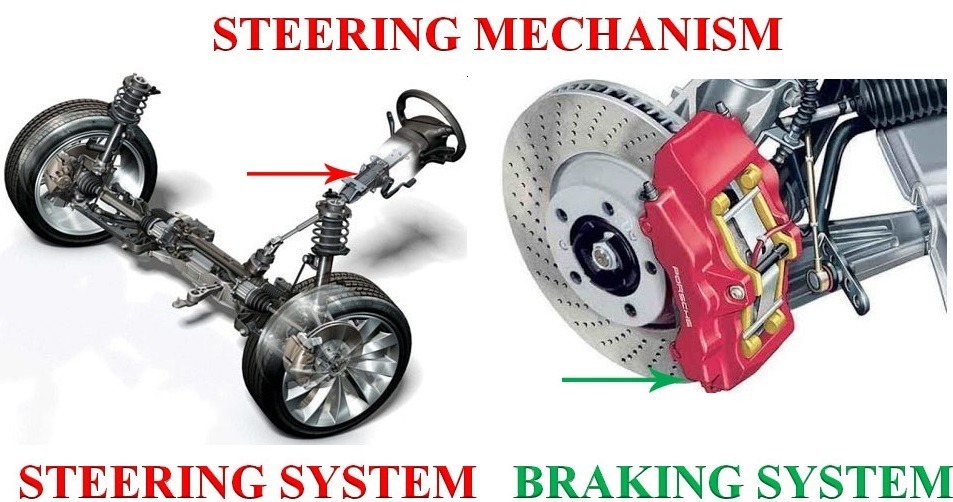Sports cars have always captured the imagination of car enthusiasts and casual drivers alike with their blend of speed, power, and style. From the roaring engines to the sleek designs, sports cars are built to deliver an exhilarating driving experience.
In this review, we’ll dive deep into the world of sports cars, examining their speed, performance, and the technological advancements that make them stand out.
The Essence of a Sports Car
At its core, a sports car is designed to deliver superior performance. This performance is typically characterized by rapid acceleration, sharp handling, and an overall thrilling driving experience. Unlike regular vehicles that prioritize comfort and practicality, sports cars focus on agility and speed. They are engineered with advanced technology and high-performance components to achieve these goals.
Speed Demystified
When discussing sports cars, speed is often the first factor that comes to mind. Sports cars are renowned for their ability to accelerate from 0 to 60 mph in mere seconds. This remarkable feat is achieved through a combination of powerful engines, lightweight materials, and aerodynamic design.
- Advertisement -
1. Engine Power

The engine is the heart of any sports car. Modern sports cars are equipped with high-performance engines, including turbocharged inline-4s, naturally aspirated V6s, and even powerful V8s.
For instance, the Ferrari 488 GTB boasts a twin-turbocharged 3.9-liter V8 engine that produces 661 horsepower, enabling it to reach 60 mph in just 3.0 seconds. Similarly, the Porsche 911 Turbo S is powered by a 3.8-liter twin-turbo flat-six engine, delivering 640 horsepower and a 0-60 mph time of 2.6 seconds.
2. Weight and Aerodynamics
The design of a sports car also plays a crucial role in its speed. Lightweight materials such as carbon fiber and aluminum are used extensively to reduce the car’s weight. A lighter car can accelerate faster and achieve higher speeds with less effort.
Additionally, aerodynamic features like low drag coefficients and active spoilers help to enhance stability and reduce air resistance at high speeds. For example, the McLaren 720S incorporates advanced aerodynamic elements that optimize airflow and improve performance.
3. Transmission Systems
Sports cars often come with advanced transmission systems that contribute to their impressive speed. Dual-clutch transmissions (DCTs) and sequential gearboxes are common in high-performance sports cars. These systems allow for rapid gear changes with minimal lag, ensuring that the car can maintain its momentum and achieve peak acceleration.
Handling and Agility
While speed is important, handling and agility are equally crucial aspects of a sports car’s performance. A sports car should not only accelerate quickly but also navigate corners and turns with precision and confidence.
1. Suspension Systems
Sports cars are equipped with sophisticated suspension systems designed to enhance handling and stability. These systems often include adjustable shocks and struts, allowing drivers to fine-tune the ride quality based on their preferences and driving conditions. For instance, the Chevrolet Corvette C8 features an advanced Magnetic Ride Control system that adjusts the suspension settings in real-time for optimal performance.
2. Steering and Braking

The steering system in a sports car is engineered to provide precise feedback and responsiveness. Many sports cars come with variable-ratio steering, which adjusts the steering response based on the car’s speed.
Additionally, high-performance braking systems with large, ventilated disc brakes and advanced calipers ensure that the car can stop as efficiently as it accelerates. The Lamborghini Huracán EVO, for example, features a sophisticated braking system that provides exceptional stopping power and control.
3. Tire Technology
The choice of tires is also critical for handling and agility. Sports cars are often fitted with performance-oriented tires that offer superior grip and stability.
These tires are designed to handle high speeds and provide optimal traction during aggressive driving. The Audi R8, with its Quattro all-wheel-drive system and high-performance tires, demonstrates exceptional handling capabilities on both dry and wet surfaces.
Technological Innovations

The sports car industry is at the forefront of technological innovation, with manufacturers continuously developing new technologies to enhance performance and driving pleasure.
1. Advanced Driver Assistance Systems
While sports cars are primarily focused on performance, many models now come equipped with advanced driver assistance systems (ADAS) to improve safety and convenience.
Features such as adaptive cruise control, lane-keeping assist, and automatic emergency braking are becoming more common in high-performance vehicles. The Tesla Roadster, for instance, integrates cutting-edge autopilot technology that enhances both driving dynamics and safety.
2. Lightweight Materials
The use of lightweight materials is a key factor in improving performance. Carbon fiber, titanium, and aluminum are increasingly used in sports car construction to reduce weight without compromising strength. This approach not only enhances acceleration but also improves handling and fuel efficiency.
3. Hybrid and Electric Powertrains
The future of sports cars is also moving towards hybrid and electric powertrains. Hybrid sports cars combine traditional internal combustion engines with electric motors to provide a balance of performance and efficiency.
The Porsche 918 Spyder, for example, is a plug-in hybrid that delivers impressive speed and handling while also offering electric-only driving mode. Fully electric sports cars, such as the Rimac C_Two, push the boundaries of performance with instant torque and zero emissions.
Conclusion
Sports cars represent the pinnacle of automotive performance, combining speed, agility, and cutting-edge technology to deliver an unmatched driving experience. From their powerful engines to their advanced handling systems, sports cars are engineered to thrill and excite.
Whether you’re a seasoned enthusiast or a casual driver, the allure of a high-performance sports car is undeniable. As technology continues to evolve, we can expect even greater advancements in speed and capability, making the world of sports cars more exhilarating than ever.

